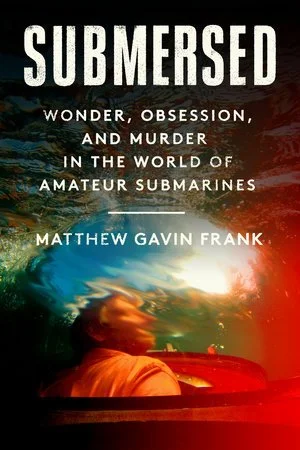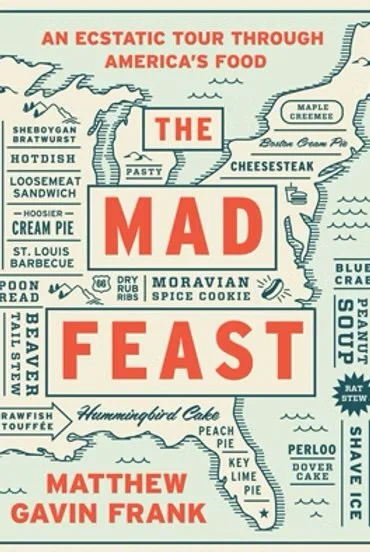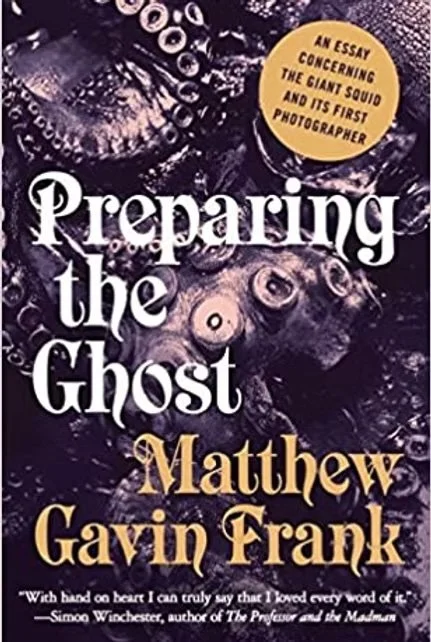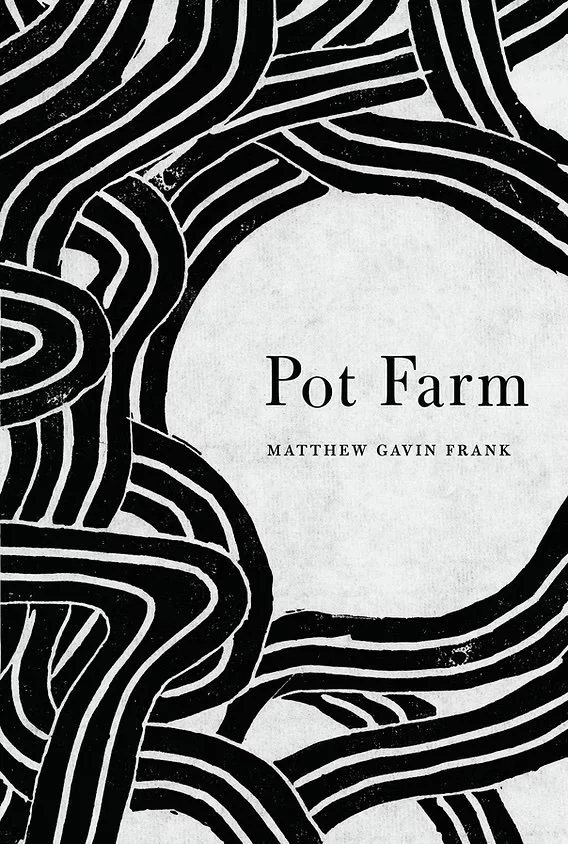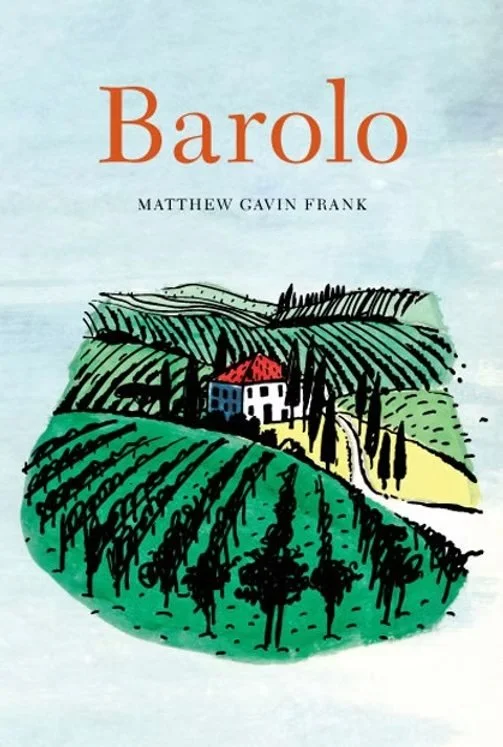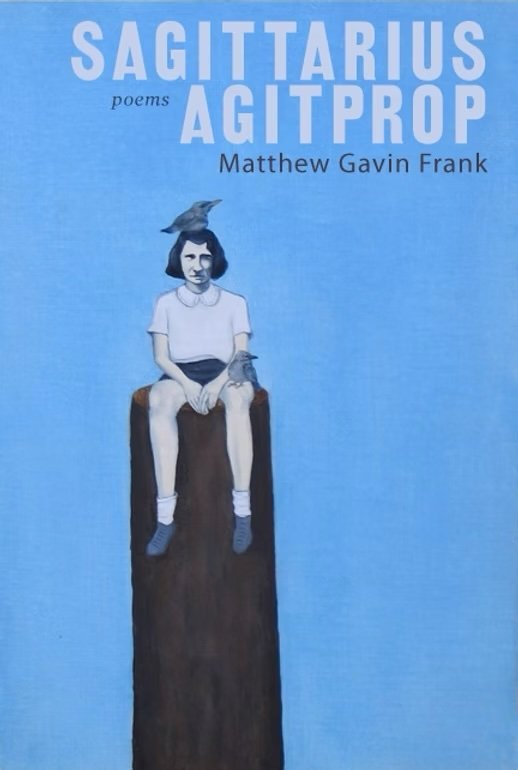Matthew Gavin Frank is the author of five books of nonfiction, and three books of poetry. His most recent book of nonfiction is Flight of the Diamond Smugglers: A Tale of Pigeons, Obsession, and Greed Along Coastal South Africa (Liveright, 2022), an NPR Best Book of the Year and finalist for the Heartland Booksellers Award in Nonfiction. His next book is Submersed: Wonder, Obsession, and Murder in the World of Amateur Submarines, to be published by Pantheon in June 2025.
His other works of nonfiction include The Mad Feast: An Ecstatic Tour Through America’s Food ( Liveright, 2015), selected as a Staff Pick by The Paris Review, a Best Book of 2015 by Ploughshares, The Millions, and Paste Magazine, and featured in The Wall Street Journal, Saveur, and Entertainment Weekly, Preparing the Ghost: An Essay Concerning the Giant Squid and Its First Photographer (Liveright, 2014), a New York Times Editors' Choice, an NPR Notable Book, and a New Yorker Book to Watch Out For, Pot Farm (The University of Nebraska Press, 2012), and Barolo (The University of Nebraska Press, 2010). His poetry collections are The Morrow Plots (Black Lawrence Press, 2013), Warranty in Zulu (Barrow Street Press, 2010), and Sagittarius Agitprop (Black Lawrence Press, 2009).
His work appears widely in journals and magazines, including The Kenyon Review, The Paris Review, Guernica, The New Republic, Iowa Review, Salon, Conjunctions, The Believer, The Normal School, The Best Travel Writing anthologies, The Best Food Writing anthologies, The Poetry Foundation, and as Notable selections in The Best American Essays anthologies.
He was asked in an interview, as an acclaimed author of both nonfiction and poetry, how he combines these distinct elements into what is known as the “lyric essay”? He responded: “In the past, there was a real disconnect for me between the process of writing a poem, and the process of writing prose. Not so much anymore. As with the writing of poetry, much of the energy that fuels the writing of my essays is derived from the attempt to find the perfect ingredients necessary to bridge seemingly dissimilar bits of subject matter. It’s wonderful: as writers, we have the power to manipulate connections between just about anything, no matter how seemingly dissimilar. It just takes research, contemplation, imaginative alchemy, and the P.I.-style investigation to uncover that perfect “bridge” ingredient.”
After spending seventeen years in the restaurant industry, he’s now a professor of creative writing in the Masters of Fine Arts Program at Northern Michigan University, where he is also the Nonfiction/Hybrids Editor of the literary magazine, Passages.



